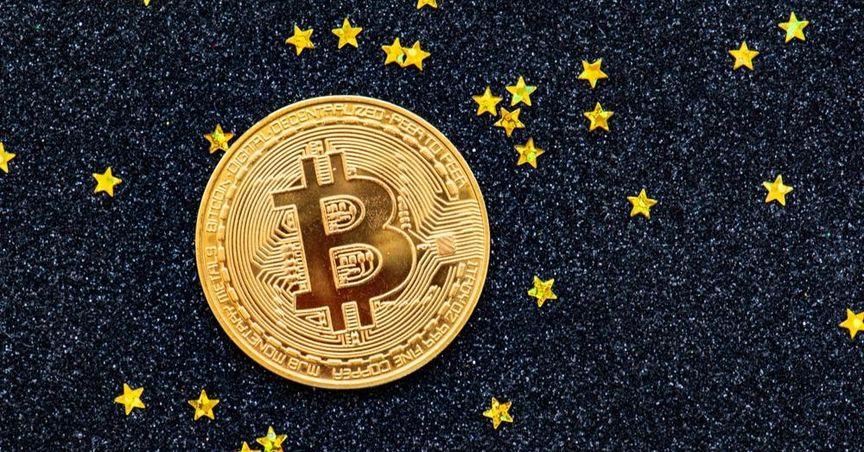Highlights
- Bitcoin hits a record high following Donald Trump’s proposal for a national crypto reserve.
- The US government remains the largest bitcoin holder globally, primarily through seizures.
- Global interest in bitcoin rises as governments and corporations explore cryptocurrency reserves.
Bitcoin has reached a new record high, surpassing previous milestones, after former US President Donald Trump suggested plans to establish a national bitcoin reserve. The cryptocurrency surged amid optimism that Trump’s proposal could significantly shift US policy toward supporting digital assets.
During an interview with CNBC, Trump indicated his administration might create a “strategic bitcoin reserve” if he assumes office in January. He compared the idea to the existing US strategic oil reserves, emphasizing the need for America to take the lead in the cryptocurrency sector. Trump stated, “We’re gonna do something great with crypto...we want to be the head.”
US Government's Bitcoin Holdings
Despite years of regulatory pressure on cryptocurrencies, the US government is already the largest single holder of bitcoin globally. Much of its 198,000 bitcoins, valued in billions, have been acquired through asset seizures. This substantial holding underlines the government’s indirect role in the crypto market, even amid its previously restrictive stance.
Other prominent government holders include China, Bhutan, El Salvador, and the United Kingdom. Data from BitcoinTreasuries highlights that as of July, global governments collectively held 2.2% of bitcoin’s total supply.
Global Interest in Bitcoin Reserves
Trump’s comments align with growing interest in bitcoin reserves worldwide. Some nations, including El Salvador, have already integrated bitcoin into national strategies, viewing it as a hedge against traditional fiat currencies. Russia’s President Vladimir Putin has also spoken about bitcoin as a safe haven asset, stating that its decentralized nature makes it immune to sanctions or control from other countries.
Bitcoin's decentralized model sets it apart from conventional financial systems. Unlike traditional currencies managed by central banks, bitcoin relies on a network of users who validate transactions through “mining.” Additionally, a cap on the total number of bitcoins—21 million—creates scarcity, leading to comparisons with gold.
Market Impact and Broader Crypto Movement
Trump's statements not only propelled bitcoin to record levels but also buoyed other major cryptocurrencies, including Ethereum. This movement reflects market confidence that regulatory and political shifts could favor broader adoption of digital assets in the US and beyond.
Private corporations are also playing a growing role in holding bitcoin reserves. High-profile examples include Tesla, led by Elon Musk, which has integrated cryptocurrency holdings into its asset portfolio.
Bitcoin’s Resurgence in the Global Economy
Bitcoin’s price surge underscores its increasing relevance as both a digital asset and a potential strategic reserve. While traditional monetary systems remain the backbone of global finance, bitcoin’s limited supply and decentralized structure appeal to governments, corporations, and individuals seeking alternatives to fiat currencies.
Trump’s proposal for a national bitcoin reserve has sparked fresh enthusiasm in the cryptocurrency market. With the US already holding a significant share of global bitcoin reserves, a formalized policy could mark a turning point for the role of digital assets in national strategies. As bitcoin reaches new highs, its adoption and strategic relevance continue to expand on a global scale.



